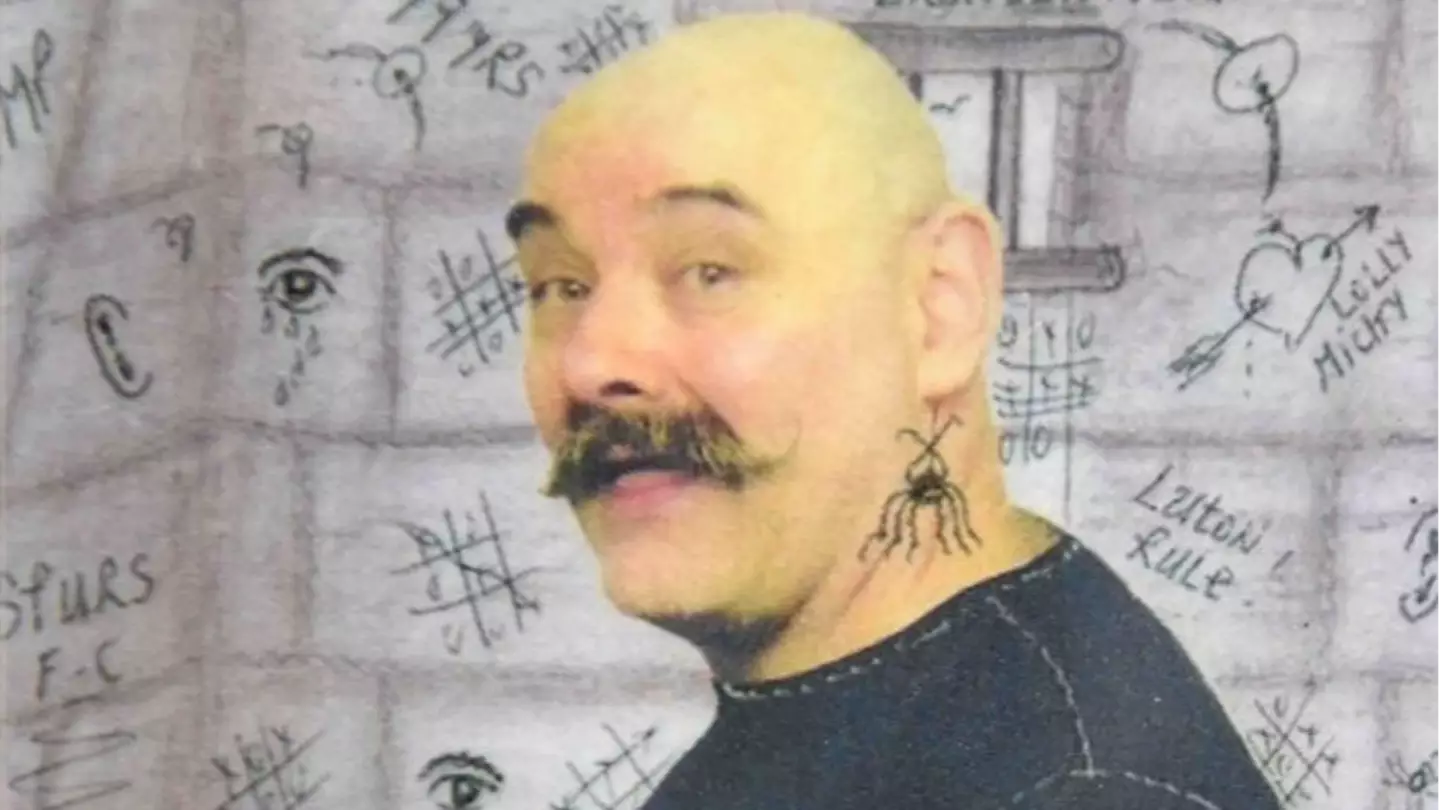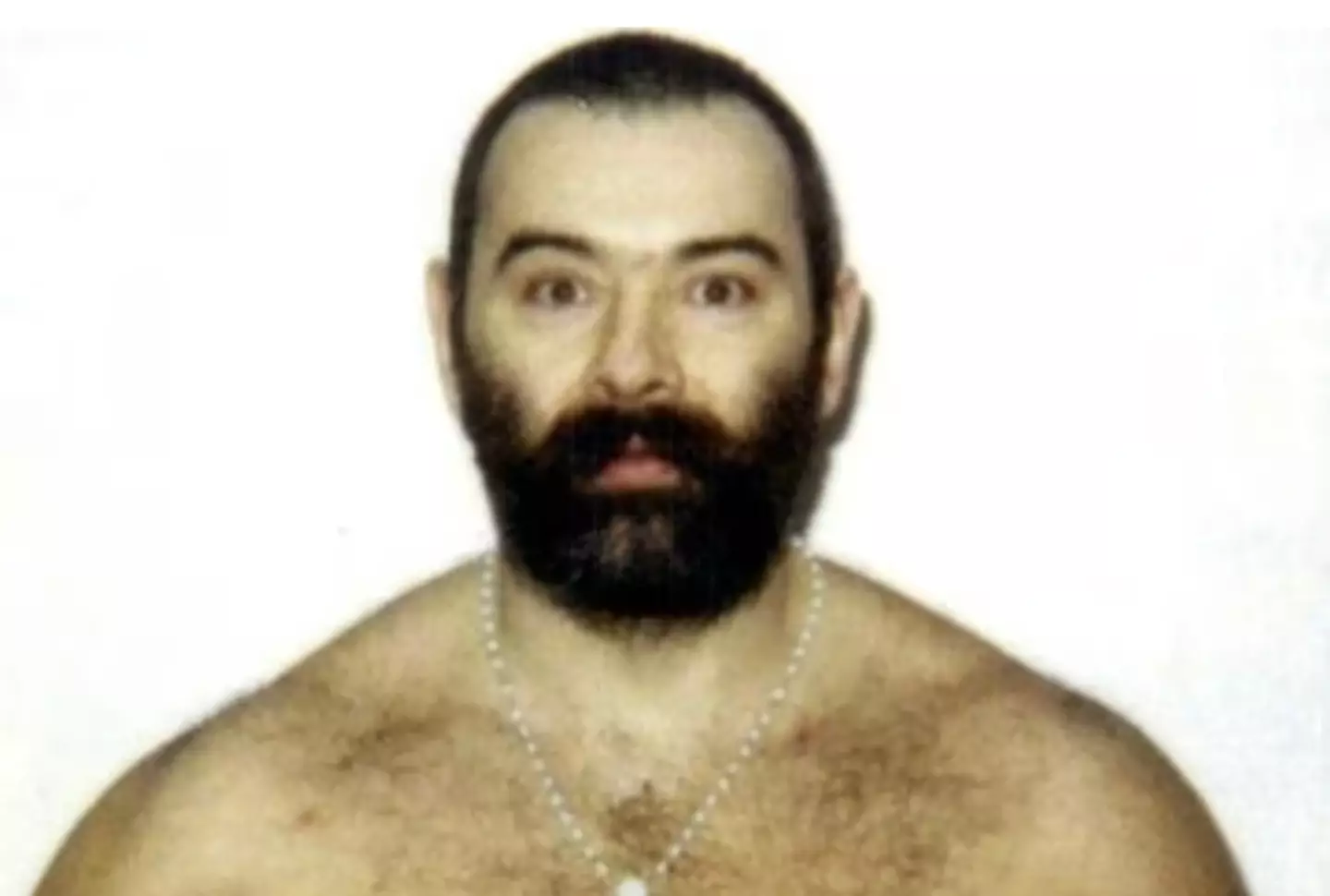
A judicial Parole Board member has ruled that Charles Bronson's upcoming parole hearing will be held behind closed doors.
The 72-year-old, who is one of the UK's longest-serving and most infamous prisoners, has been fighting for his freedom for over a decade, but his bids have repeatedly been knocked back.
And despite his lawyers arguing that he is largely responsible for rule changes surrounding public parole hearings, ironically, Bronson's latest request for one has been denied.
Advert
He secured one of the country's first public parole hearings in 2023 after winning a court case over the matter a year earlier, which prompted a reform to make the process more transparent.
That was his eighth attempt to win over the Parole Board, but it was once again rejected, and his plea to be transferred to an open prison was also unsuccessful.
Bronson had hoped that the proceedings surrounding his fresh bid for parole would be public once again; however, Jeremy Roberts KC has now ordered that his next hearing be held in private.

In a document published on Tuesday (6 May), the judicial Parole Board member explained that Bronson's application—made in February by his solicitor—would not be granted amid fears it would boost his 'notoriety' further.
Advert
Bronson's legal team argued that he feels 'that he is directly responsible for the change in law and Parole Board rules', and as a result, Bronson reckons that 'he should be allowed to participate in a public hearing'.
The criminal has a 'legitimate expectation that his subsequent parole hearings will be held in public following his lengthy proceedings to instigate the change in the rules', his lawyers said, as his solicitor further argued that Bronson 'is not vulnerable and, given his wish for a public hearing', the denial of one could cause him 'undue emotional stress'.
"He believes he will achieve best evidence and this will not be impacted by the hearing being in public," they said, adding that Bronson believes 'that his risk has significantly reduced' and that a 'discussion about risk and risk reduction in a public hearing would aid public confidence'.
However, Mr Roberts said that even if Bronson is credited for the law change regarding public parole hearings, it 'does not give him any legitimate expectation that his subsequent hearings will be held in public'.
Advert
"The prisoner is obviously highly intelligent (albeit liable to some eccentric beliefs and attitudes) and I do not think it likely that he would suffer undue emotional stress if this hearing is held privately," he explained in the written judgement.
"I am sure that he will be able to 'give best evidence' whether the hearing is held in public or in private."

Ultimately, he decided that the arguments against a public hearing 'substantially outweigh' those in favour of one, explaining that organising this kind of proceedings is an 'expensive and time-consuming' process.
Mr Roberts said he is 'prepared to believe that [Bronson's] current intentions are entirely genuine even if (as is likely) there is an element of attention-seeking in his application'.
Advert
"I believe that the notoriety which the prisoner has already achieved and which would no doubt be increased by holding this hearing in public might actually mitigate against better public understanding of the parole process," he said, adding: "It might distract from the real issues in the case."
Bronson has earned himself a reputation as one of Britain's most violent offenders since he was locked up in 1974 for armed robbery at the age of 22.
His initial seven-year sentence continued to increase after several attacks on other prisoners and guards.
Bronson was released from behind bars in 1987 but was sent back to prison after being found guilty of a second armed robbery the following year.
He was then handed a discretionary life sentence with a minimum term of four years after holding a prison teacher hostage for almost 48 hours in 1999.
Advert
The Parole Board has repeatedly refused to facilitate his release.
Topics: UK News, Prison, Crime, Charles Bronson